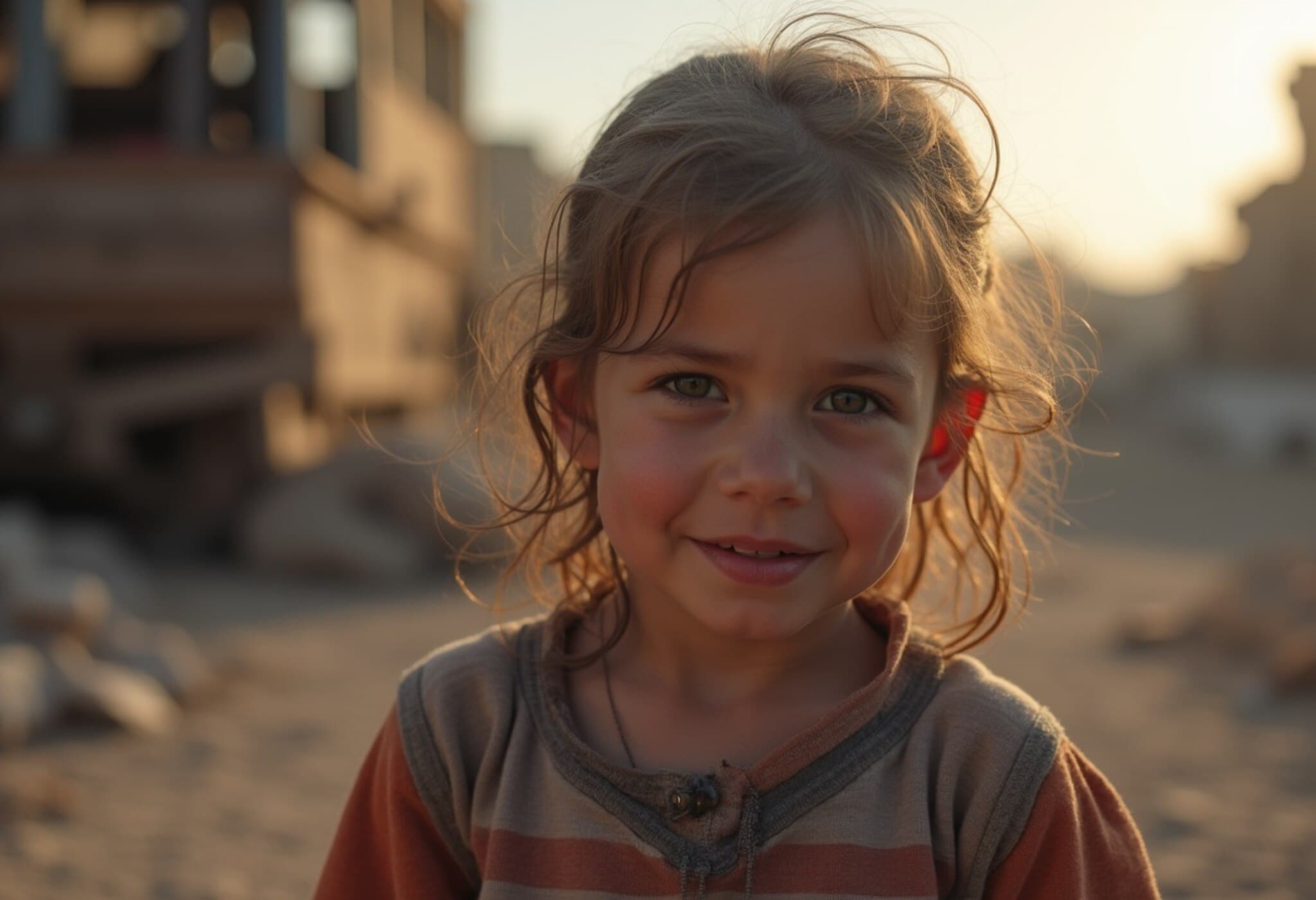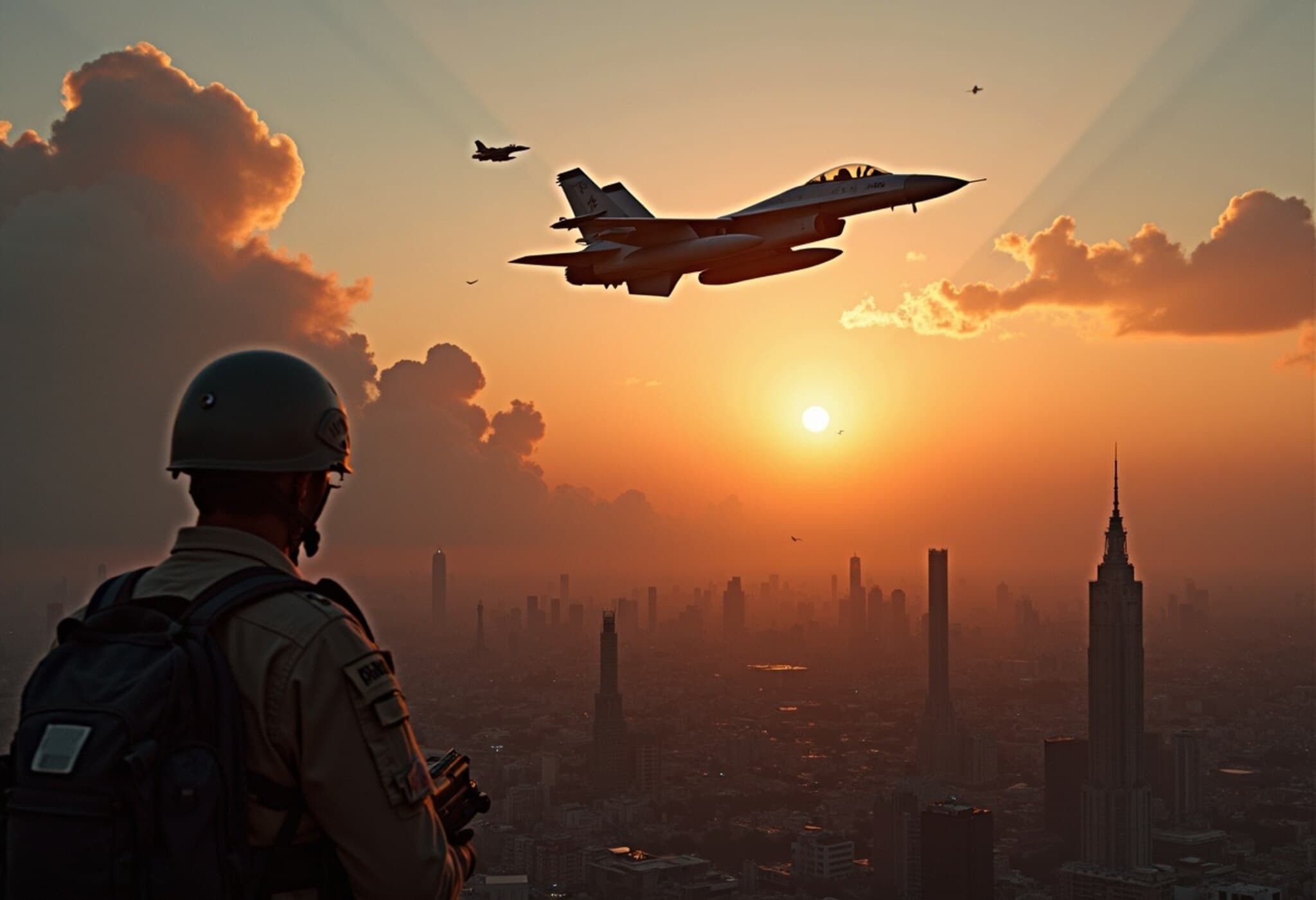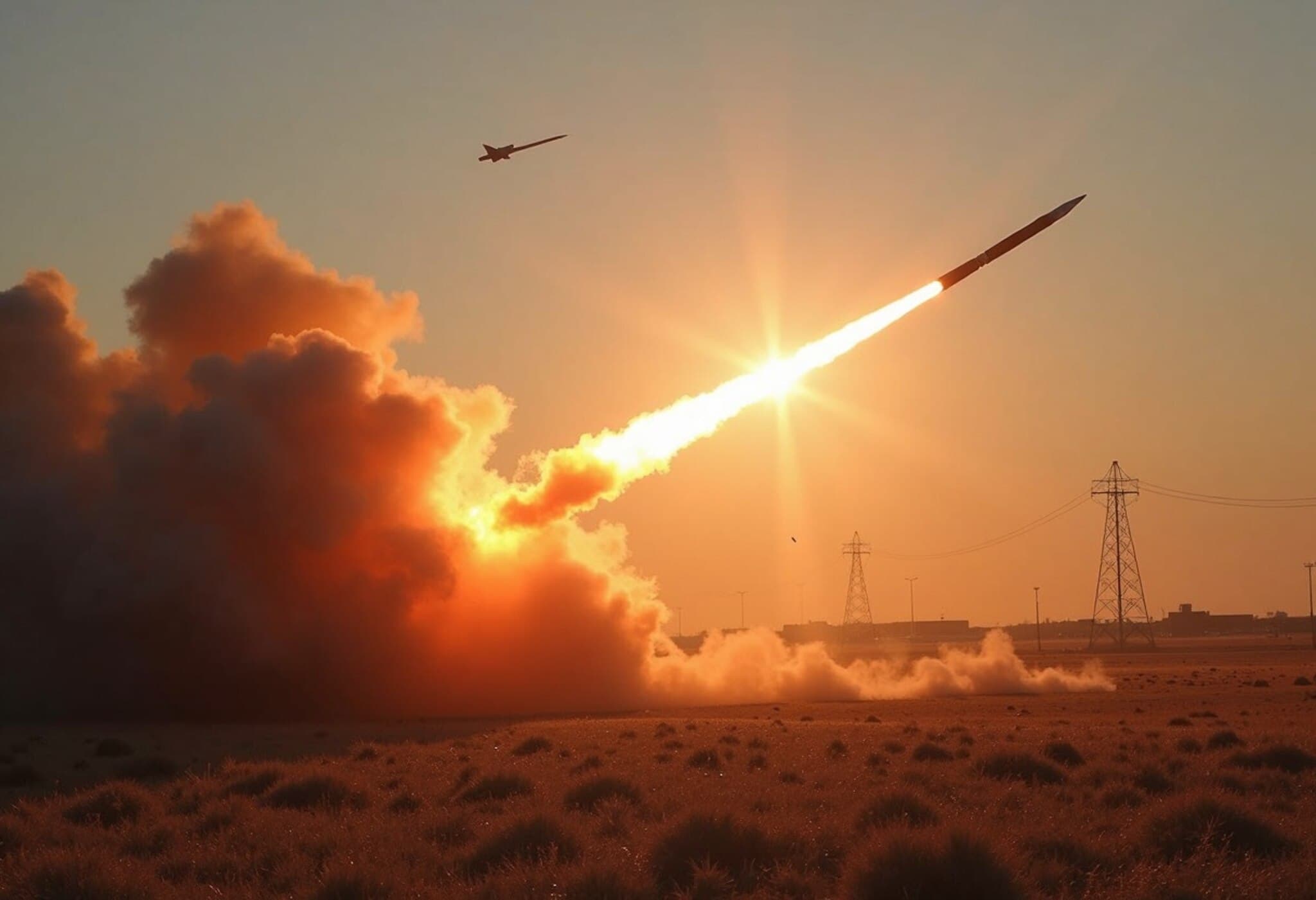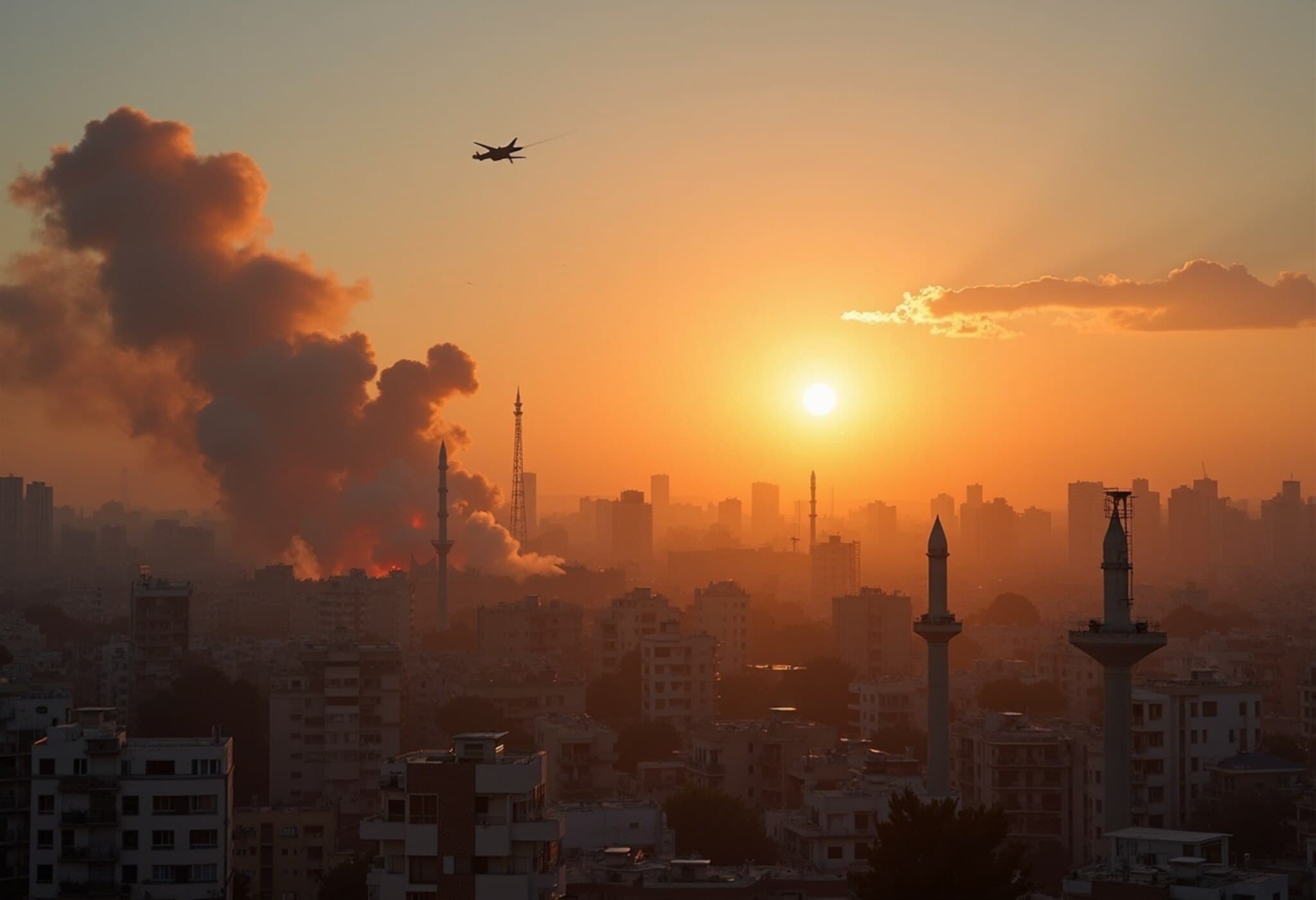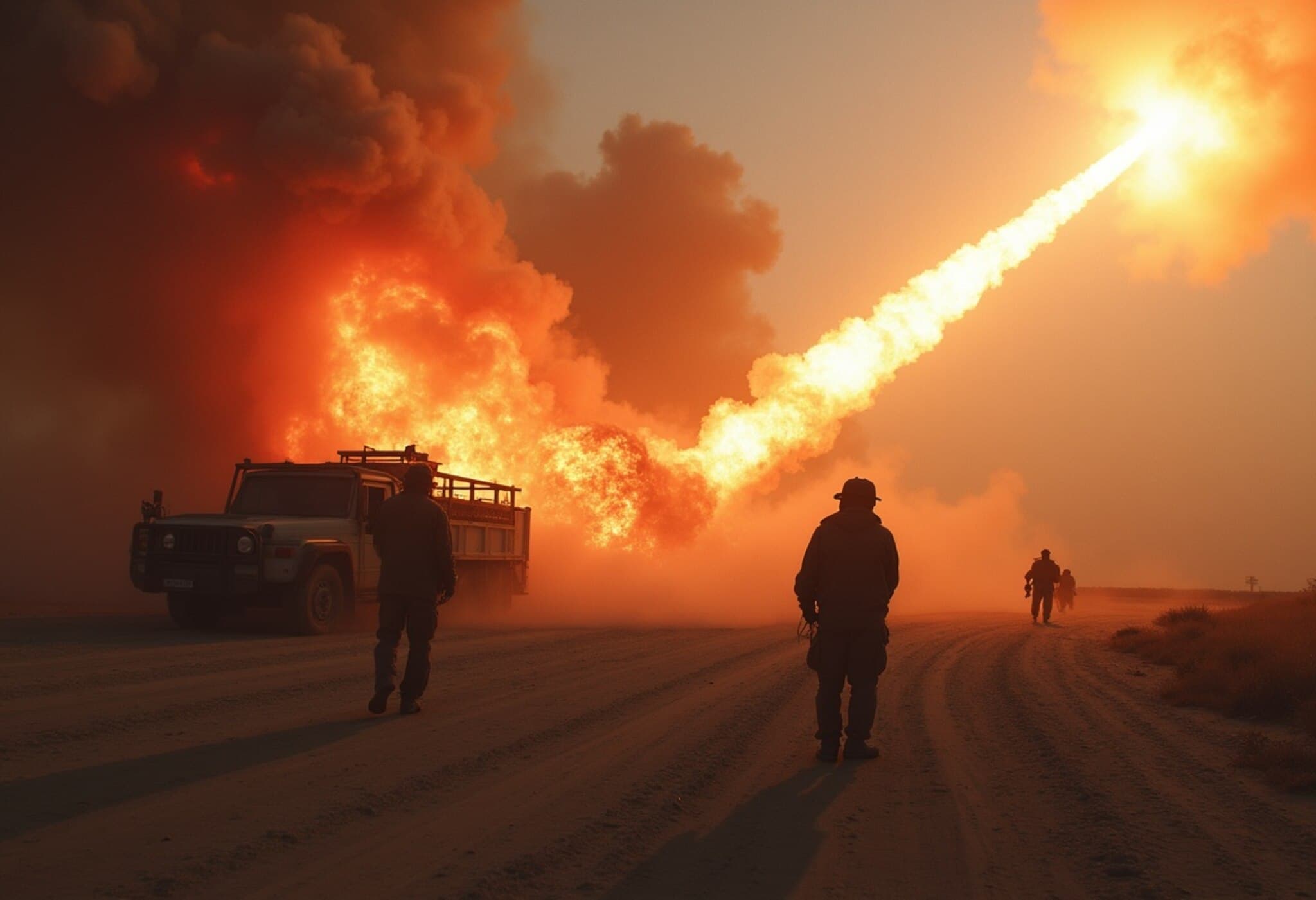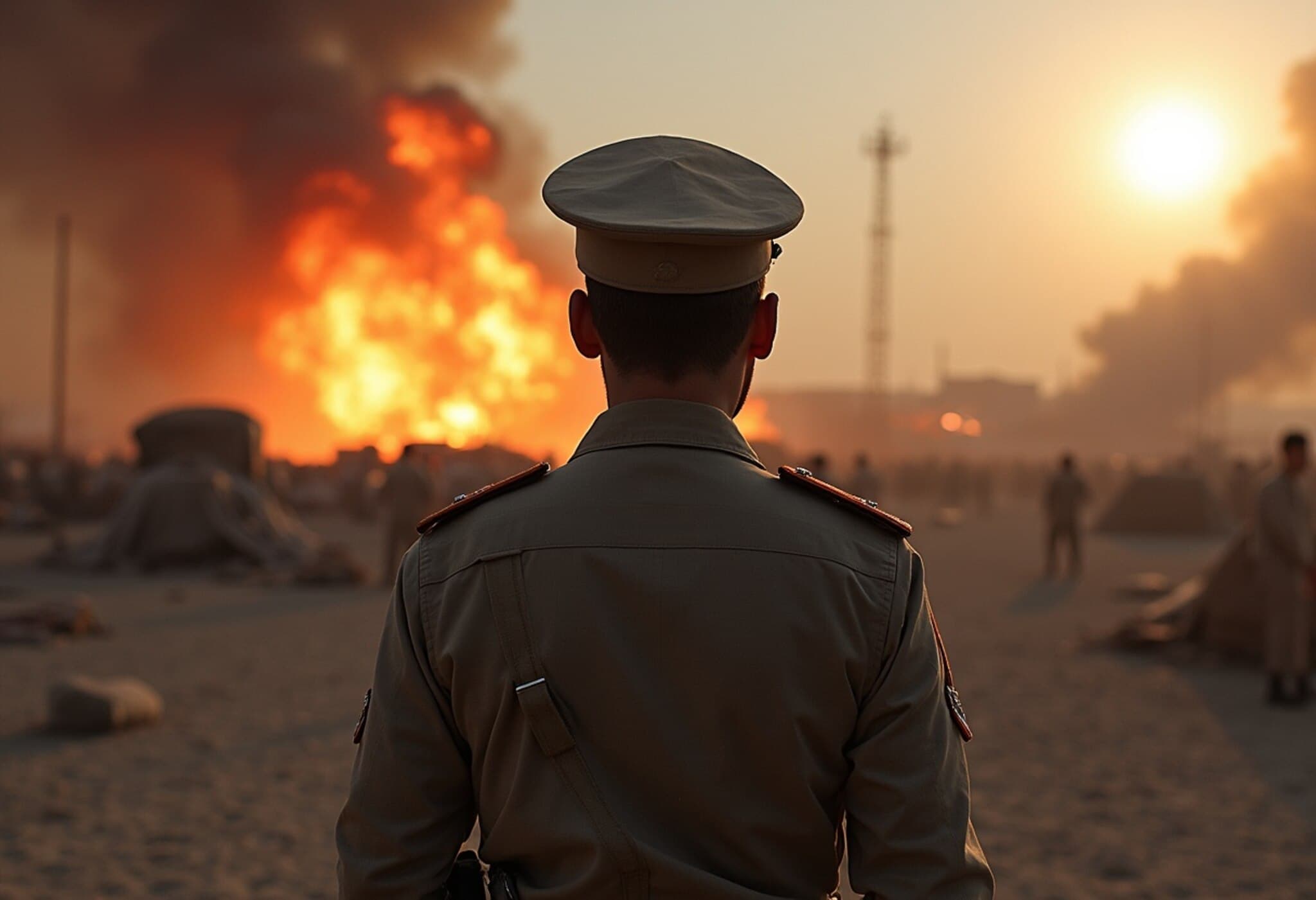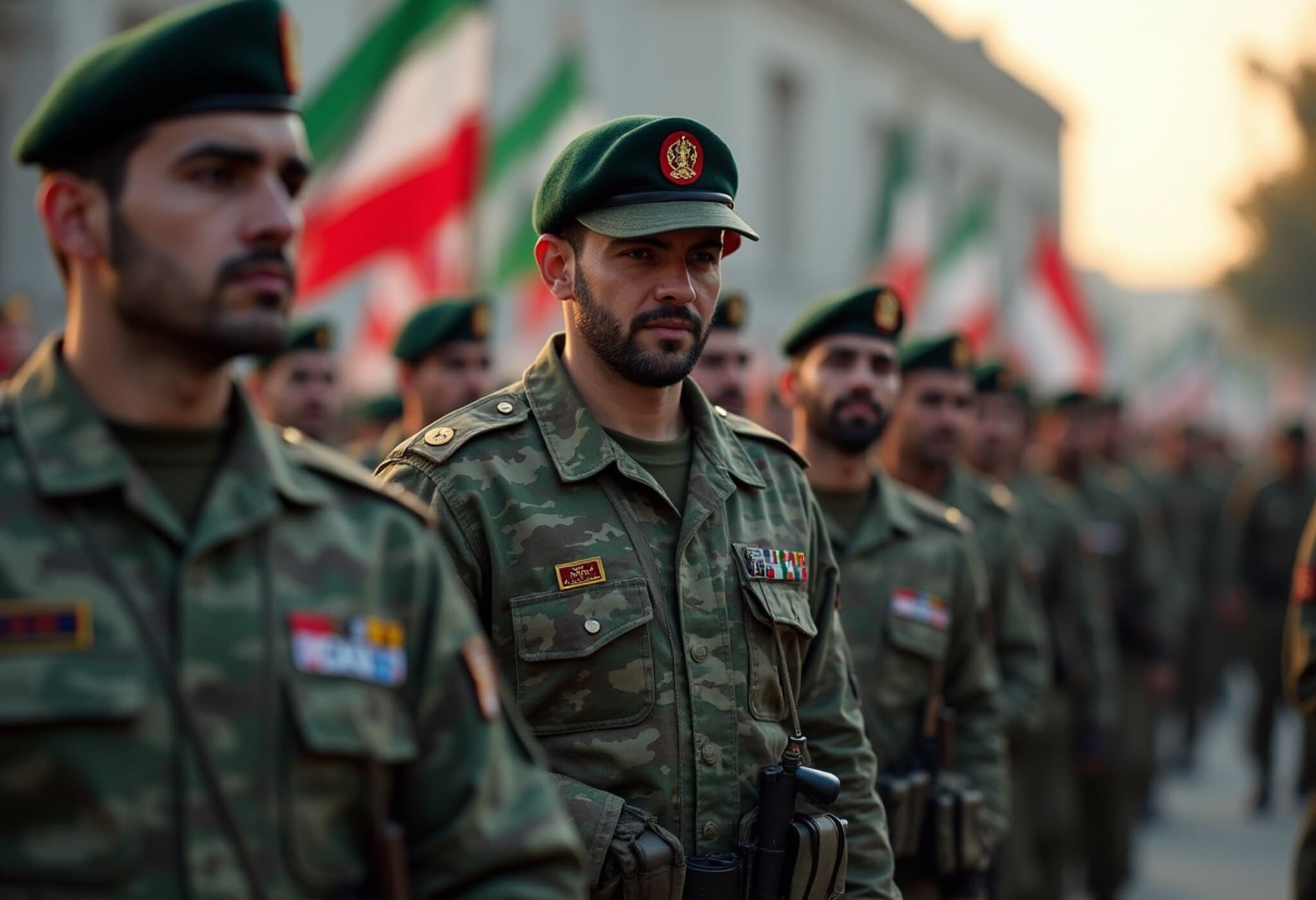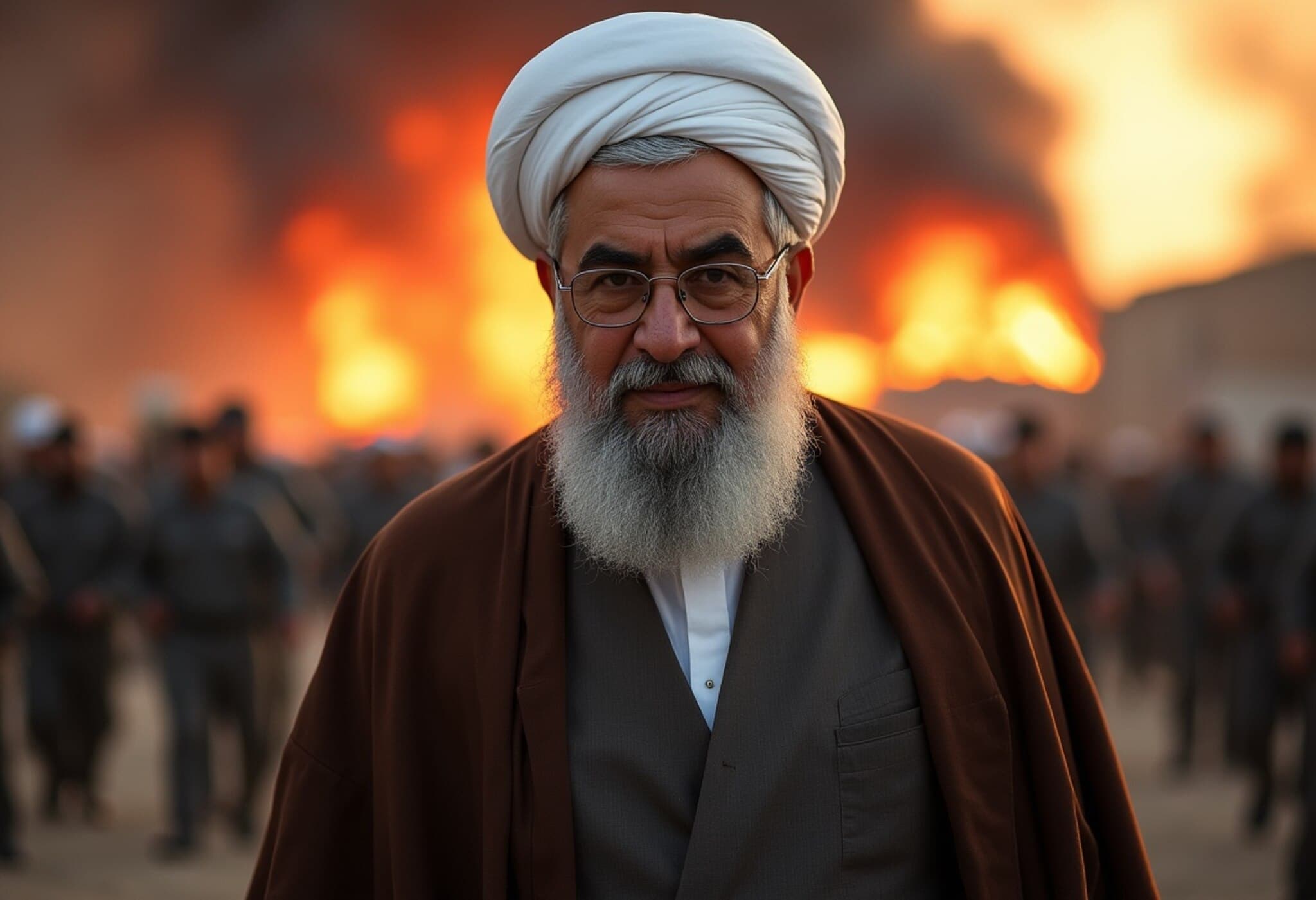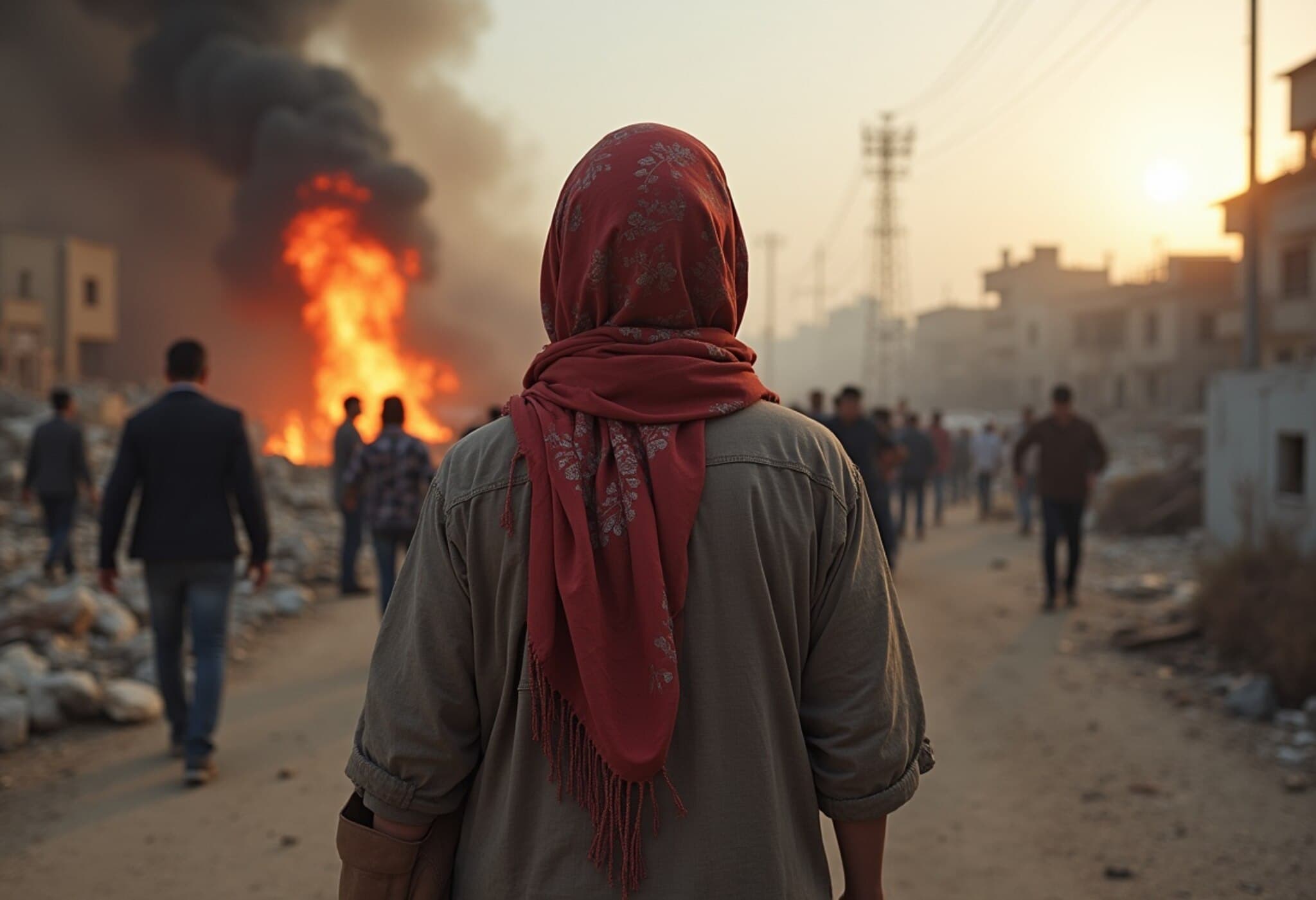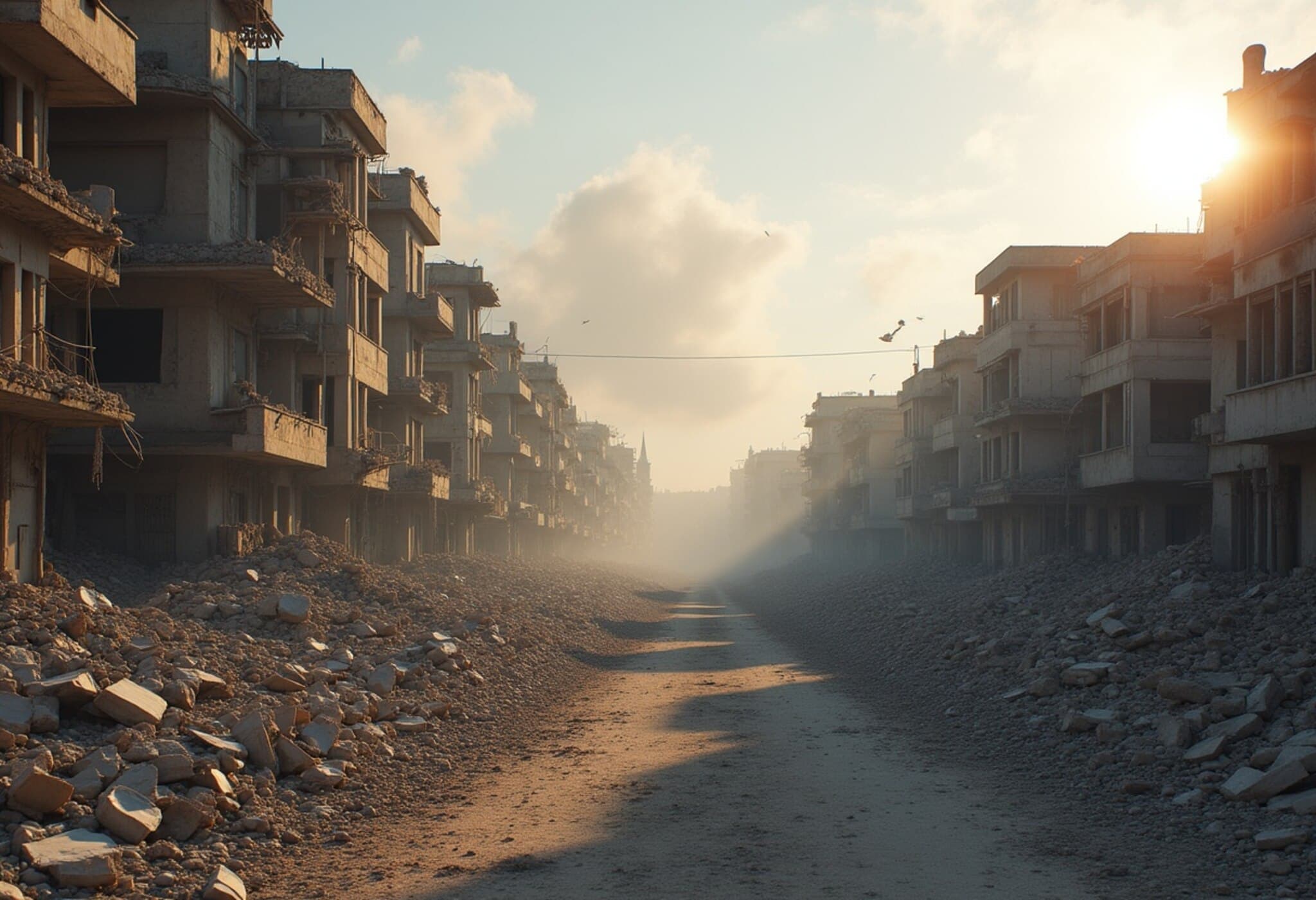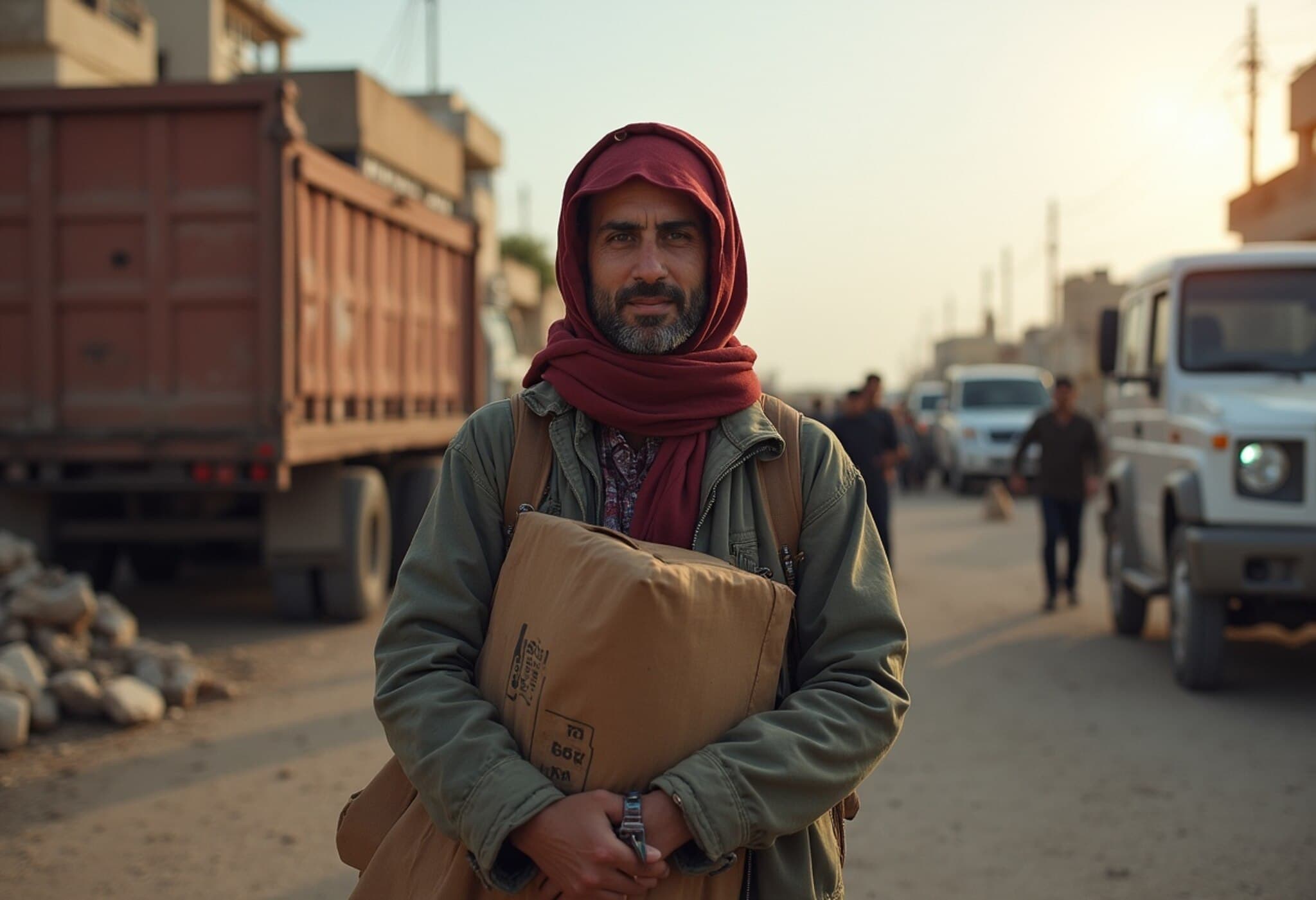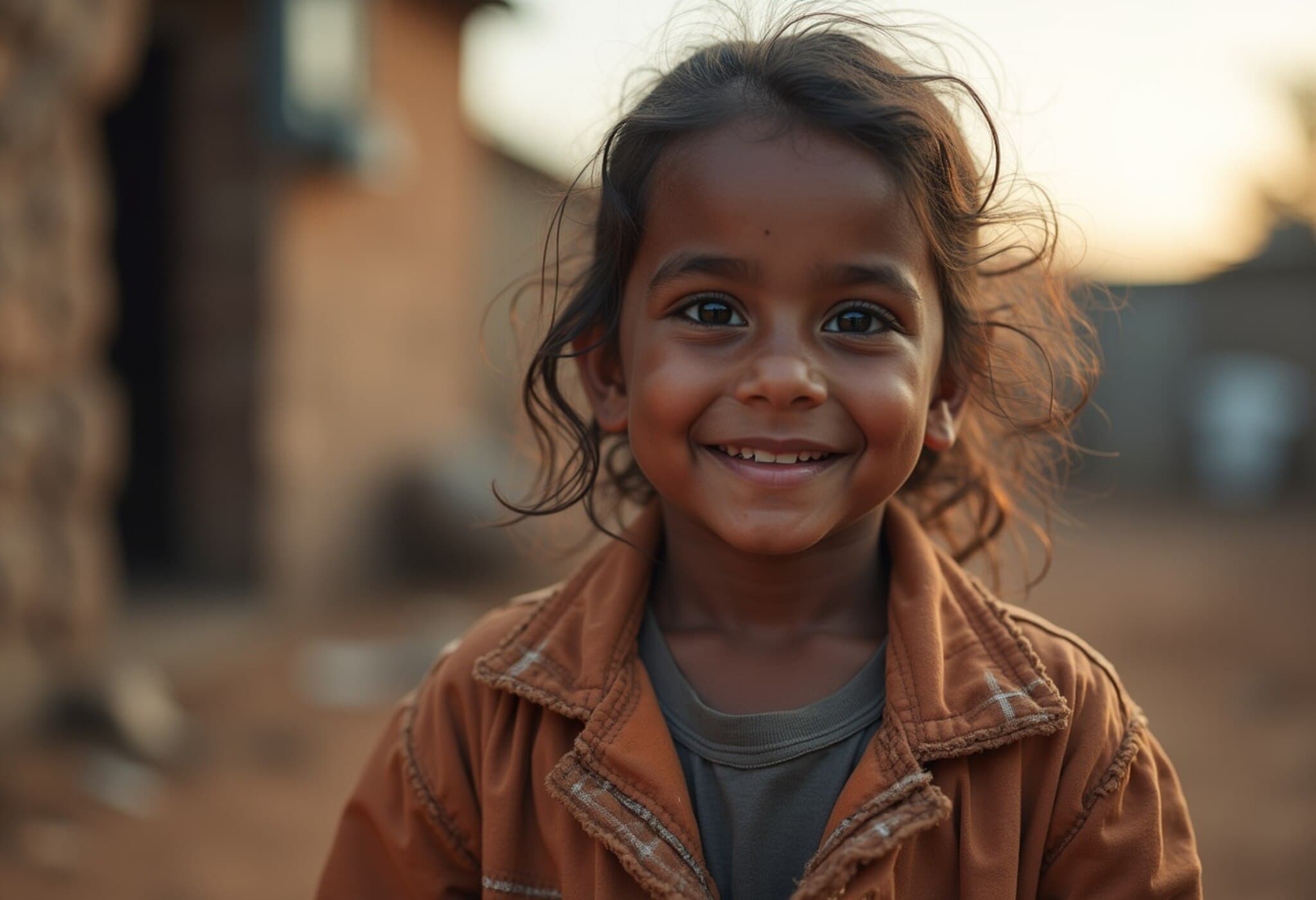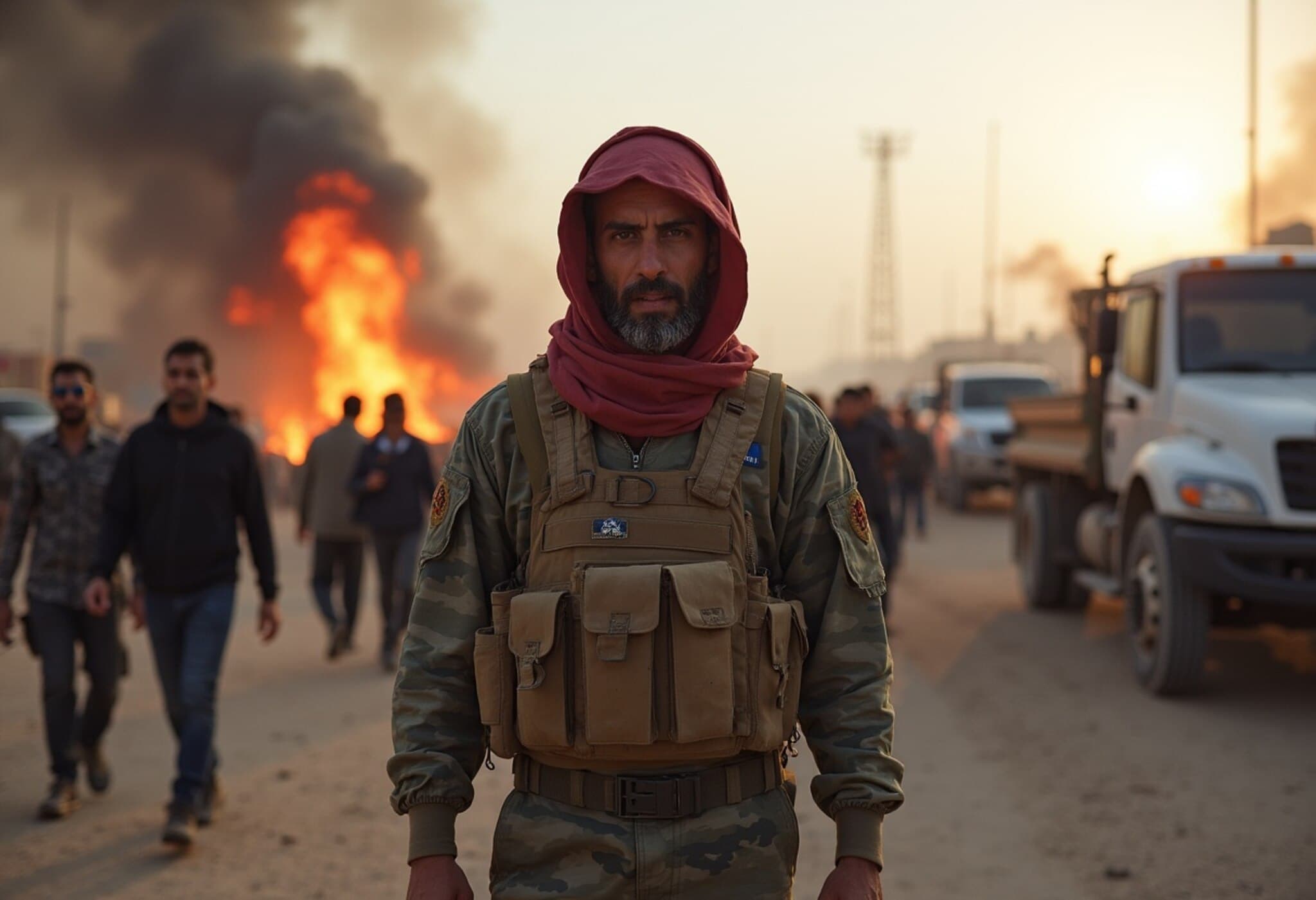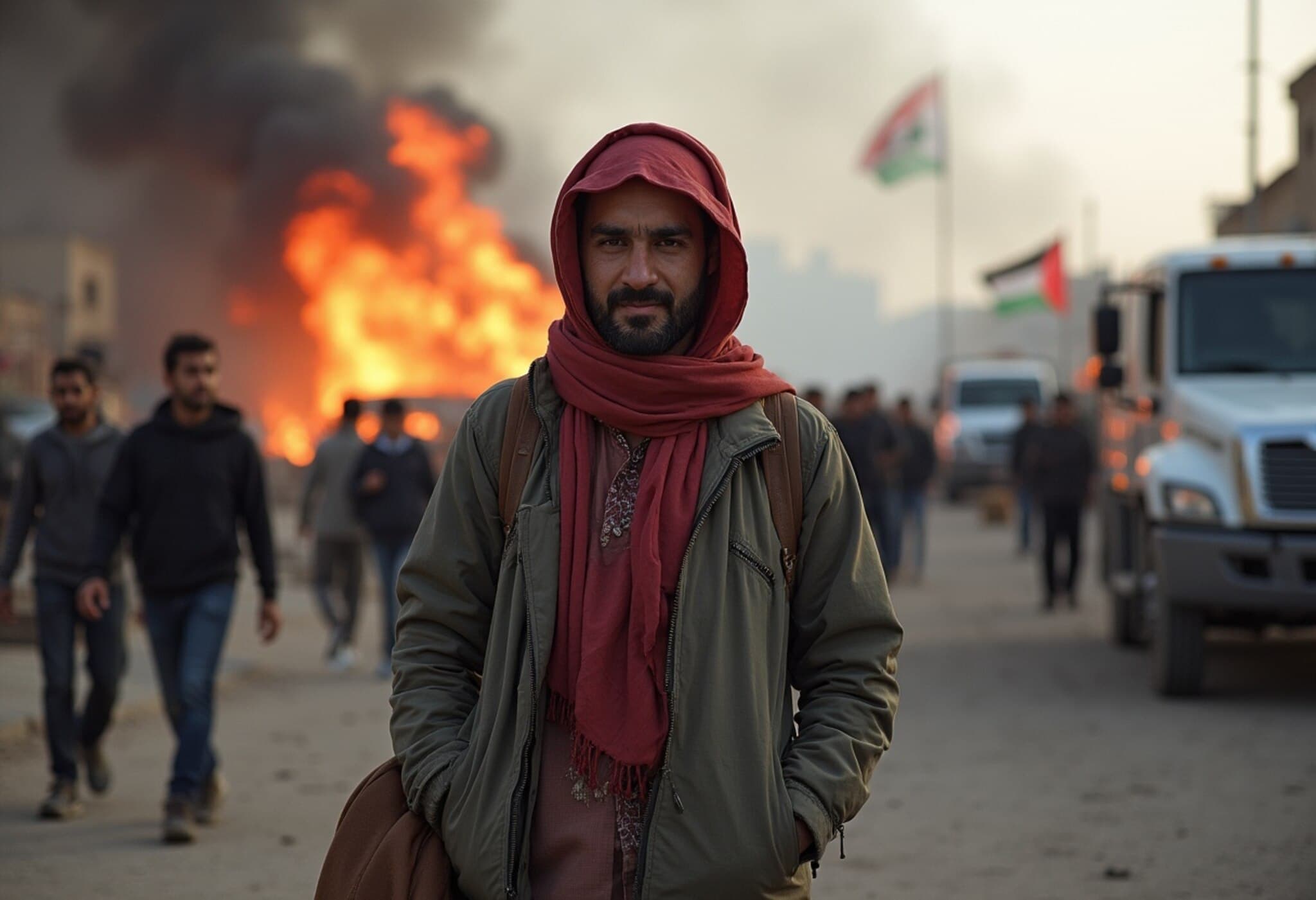Starvation in Gaza: A Stark Humanitarian Emergency
As the conflict in Gaza continues into 2025, reports of mass starvation and severe malnutrition among Palestinians have sparked global outrage, shining a harsh light on one of the most tragic consequences of the ongoing war. Recent footage and testimonies from hospitals depict heartbreaking scenes of children arriving severely weakened by hunger, many with no underlying illness other than chronic malnutrition caused by warped access to basic necessities.
United Nations agencies estimate that one in five children in Gaza City suffers from malnutrition. According to the Gaza Health Ministry, at least 48 deaths have occurred recently, including 20 children and 28 adults, a grim testament to the blockade's deadly impact on civilian populations. Despite calls from over 100 aid organizations and dozens of countries—including Australia—to ease restrictions and allow food and medicine into Gaza, the situation remains dire.
The Blockade and Its Consequences
Since March 2025, Israel has enforced a near-total blockade on Gaza, severely restricting the flow of food, medicine, fuel, and other essential supplies. Although some easing occurred in May, the damage was already profound. Israeli officials argue that distribution complexities in an active war zone and concerns about Hamas diverting aid warrant their cautious approach, denying responsibility for causing famine. These assertions, however, have done little to alleviate the suffering or international criticism.
The blockade has led to horrifying scenes of desperation at aid distribution points and increased mortality from treatable conditions. Muhammad Zakariya Ayyoub al-Matouq, just 1-year-old, battles life-threatening malnutrition, along with countless other young children whose faces tell stories of hunger and neglect.
Historical Context: Starvation as a Weapon of War
Using starvation as a tactic in conflict is nothing new, yet its horrors never lose their shock. From the devastating famines in Ethiopia in the 1980s, famously highlighted by the charity single We Are the World, to the Nigerian Civil War’s Biafra blockade in the 1960s that killed millions, these crises have repeatedly galvanized international humanitarian efforts and changed approaches toward relief and intervention.
Gaza's current plight recalls these grim chapters, challenging the world to respond decisively.
International Calls for Immediate Action
Australian Prime Minister Anthony Albanese has sharply condemned the blockade and the resulting humanitarian disaster, urging Israel to fulfill its legal obligations under international law. "Gaza is in the grip of a humanitarian catastrophe," Albanese said, highlighting that restricting aid and killing civilians seeking basic survival essentials cannot be justified or overlooked.
The international legal framework—Article 54 of Additional Protocol I to the Geneva Conventions and Article 8 of the International Criminal Court's Rome Statute—explicitly categorizes deliberately causing starvation among civilians as a war crime. Actions such as destroying agricultural infrastructure and blocking humanitarian assistance are not only illegal—they are egregious moral violations that demand accountability.
Why Starvation Changes the Equation
Throughout history and scripture, the mass suffering of innocents, especially children, has marked a point of no return in conflicts, compelling the global community to intervene or at least reconsider alliances and strategies. While Israel initially received widespread sympathy as it defended itself against the brutal Hamas attacks in October 2023, the present scenario—where civilian suffering escalates due to prolonged blockades and warfare—raises critical ethical and strategic questions.
Matching violence with violence, atrocity with atrocity, only perpetuates this cycle of pain and loss. The world stands at a crossroads where it can either witness the slow death of Gaza's civilians or push firmly for paths toward ceasefire, humanitarian corridors, and renewed diplomatic talks.
Expert Insights: The U.S. and Global Responsibility
The United States, as a key ally of Israel and a dominant player in Middle Eastern geopolitics, holds significant leverage to influence humanitarian access. Experts suggest that sustained U.S. diplomatic pressure supporting immediate humanitarian relief could break the current deadlock.
Beyond geopolitics, the crisis puts a spotlight on international mechanisms for protecting civilians in conflict zones and challenges the efficacy of international humanitarian law when political realities override legal frameworks.
What Lies Ahead?
The unfolding starvation crisis in Gaza is more than a tragic byproduct of war; it is a profound moral test for the international community. Will restraint, empathy, and legal norms prevail to protect vulnerable populations? Or will the silent suffering become yet another dark chapter in the history of conflict?
Key Takeaways
- Human suffering in Gaza is escalating due to imposed blockades and restricted humanitarian access.
- International laws explicitly forbid starvation as a method of warfare, yet enforcement is complex.
- Global leaders, including Australia’s PM, are calling for immediate easing of blockades and protection of civilians.
- The U.S. has a critical role to play in facilitating humanitarian corridors and pushing for ceasefire talks.
- Breaking the cycle of violence requires acknowledging human dignity beyond political conflicts.
Editor's Note
The scenes of starvation and suffering in Gaza demand urgent attention well beyond headlines. They raise pressing questions about how international law is upheld during conflicts and the responsibilities of global powers and local actors alike. As readers and global citizens, we must ask: How can humanitarian principles be safeguarded amid geopolitical struggles? What more can the global community do to turn this heartbreaking situation into a catalyst for peace rather than prolonged agony?
These critical reflections remind us that behind every statistic is a human life, and the choices made today will echo for generations to come.

